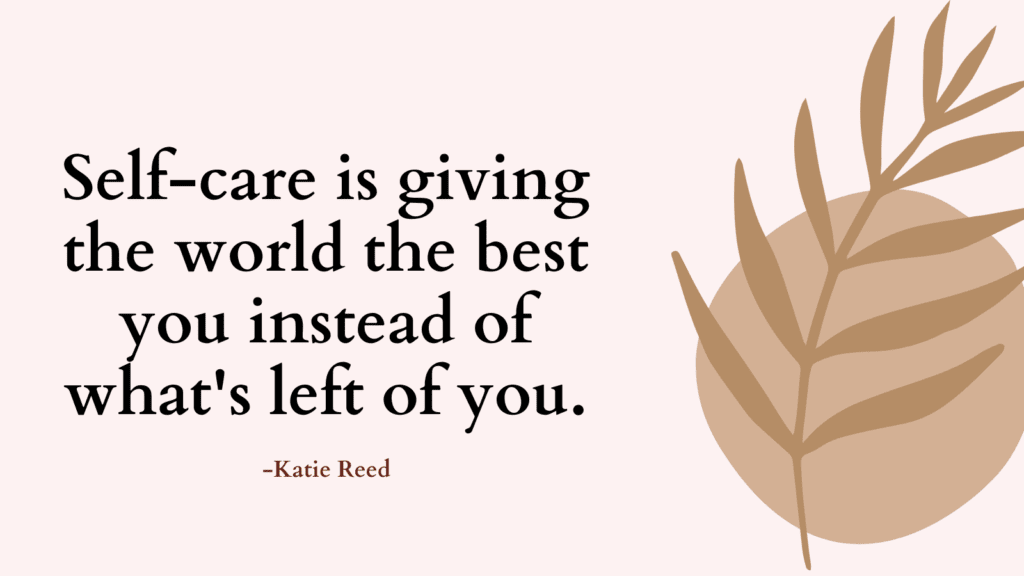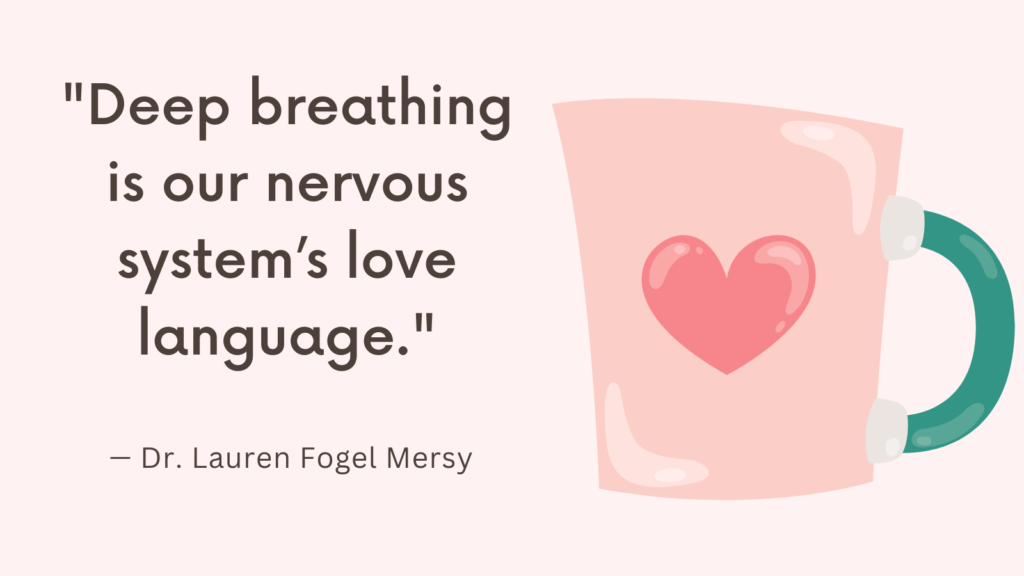This post contains “Am I the scapegoat child quiz.”
What is a Scapegoat Child?
A Scapegoat Child is a term used in family therapy to refer to a child who is unfairly and consistently blamed for family problems or conflicts.
Often, this child is singled out for negative attention, emotional abuse, and criticism from other family members, while other children are praised and favored.
The Scapegoat Child may also be punished more harshly than others for the same misbehavior and may feel like they don’t belong in their family.
This can have negative effects on their emotional development and well-being.
Related: Top 8 Dysfunctional Family Roles
Am I The Scapegoat Child Quiz
The following questions represent some typical characteristics of a scapegoat child:
Results
#1. Are you often blamed for problems within the family?
#2. Are you frequently criticized, even for things that are not your fault?
#3. Are you often ostracized from family activities or excluded from certain events?
#4. Are you often treated unfairly or unjustly compared to other siblings?
#5. Do you suffer from low self-esteem and have feelings of inadequacy?
#6. Do you often feel isolated and alone within the family dynamic?
#7. Have you developed a rebellious or defiant attitude or distanced yourself from the family as a result of being constantly criticized?
We will not sell your information. All results are kept confidential.
This quiz is for informational purposes only. It is not meant as a diagnostic or assessment tool.
Results
The questions above represent typical characteristics of a scapegoat child. If you answered yes to most of these questions, then you may be the scapegoat child in your family.
Related: Adult Child Syndrome: 3 Steps To Break Family Cycles
Why Does The Scapegoat Role Exist?
The scapegoat role exists because it’s a way for people or groups to shift blame or responsibility onto someone else.
It’s easier to blame one individual or group for a problem than to confront the complexity of the issue and take responsibility for finding a solution.
The scapegoat becomes the target of negative feelings and actions, relieving others of the need to deal with their own shortcomings or failures.
This behavior can be seen in many different types of relationships, whether it be within families, workplaces or even on a national level.
Statements examples of Scapegoating may sound like:
- “You always cause problems in the family.”
- “You never do anything right.”
- “If you weren’t here, everything would be better.”
- “You’re the reason why we have to argue and fight all the time.”
- “Why can’t you be more like your sibling?”
- “It’s your fault that we’re struggling financially.”
- “You’re so disobedient and disrespectful.”
- “You’re just too sensitive and emotional.”
- “You don’t appreciate all that we do for you.”
- “You make us feel like we’re terrible parents.”
Related: Top 35 Blame Shifting Phrases
The Impact of Being a Scapegoat Child
Being a scapegoat child can have a significant impact on an individual’s mental health and well-being.
Some of the common effects of being a scapegoat child include:
1. Low self-esteem: Being constantly blamed for things that are not your fault can make you feel like you are not good enough. This can lead to low self-esteem, which can affect all areas of your life.
2. Anxiety and depression: The constant stress of being blamed for everything can lead to anxiety and depression. You may feel like you are always walking on eggshells, waiting for the next thing to go wrong.
3. Trust issues: If you are always being blamed for things that are not your fault, it can be hard to trust others. You may feel like everyone is out to get you, or that nobody believes you.
4. Difficulty forming relationships: Scapegoat children often struggle to form meaningful relationships with others. They may feel like they are not worthy of love and affection, or they may be afraid of being blamed for things that are outside of their control.
5. Resentment towards the family: Being a scapegoat child can lead to feelings of resentment towards the family. You may feel like you were unfairly treated, and that your siblings got away with things that you were blamed for.
Remember that being a scapegoat child is not your fault.
It is important to seek help from friends, family, or a mental health professional if you are struggling with the effects of scapegoating.
Related: Healing From Emotional Abuse In 12 Practical Steps
Coping Strategies For Scapegoat Children
Being a scapegoat child can be very difficult and painful.
If you are a scapegoat child, here are some coping strategies that may help:
1. Build a support network: seek out people who believe and support you, whether it is friends, family, or a therapist.
2. Keep a journal: writing down your thoughts and feelings can be a great way to process what you are going through and gain perspective.
3. Set boundaries: establish clear boundaries with the person or people who are treating you unfairly.
4. Focus on your strengths: remind yourself of your positive qualities and accomplishments.
5. Practice self-care: take care of yourself physically, emotionally, and mentally. This can include exercise, rest, healthy eating, and engaging in activities you enjoy.
Related: Best Support Groups For Emotional Abuse (Online & In Person)
Conclusion
Scapegoating is when a family or group places blame on one person for things that are outside of their control.
Remember, it is not your fault that you are being scapegoated.
You deserve to be treated with respect and dignity, and there are people and resources available to help you cope and heal.







